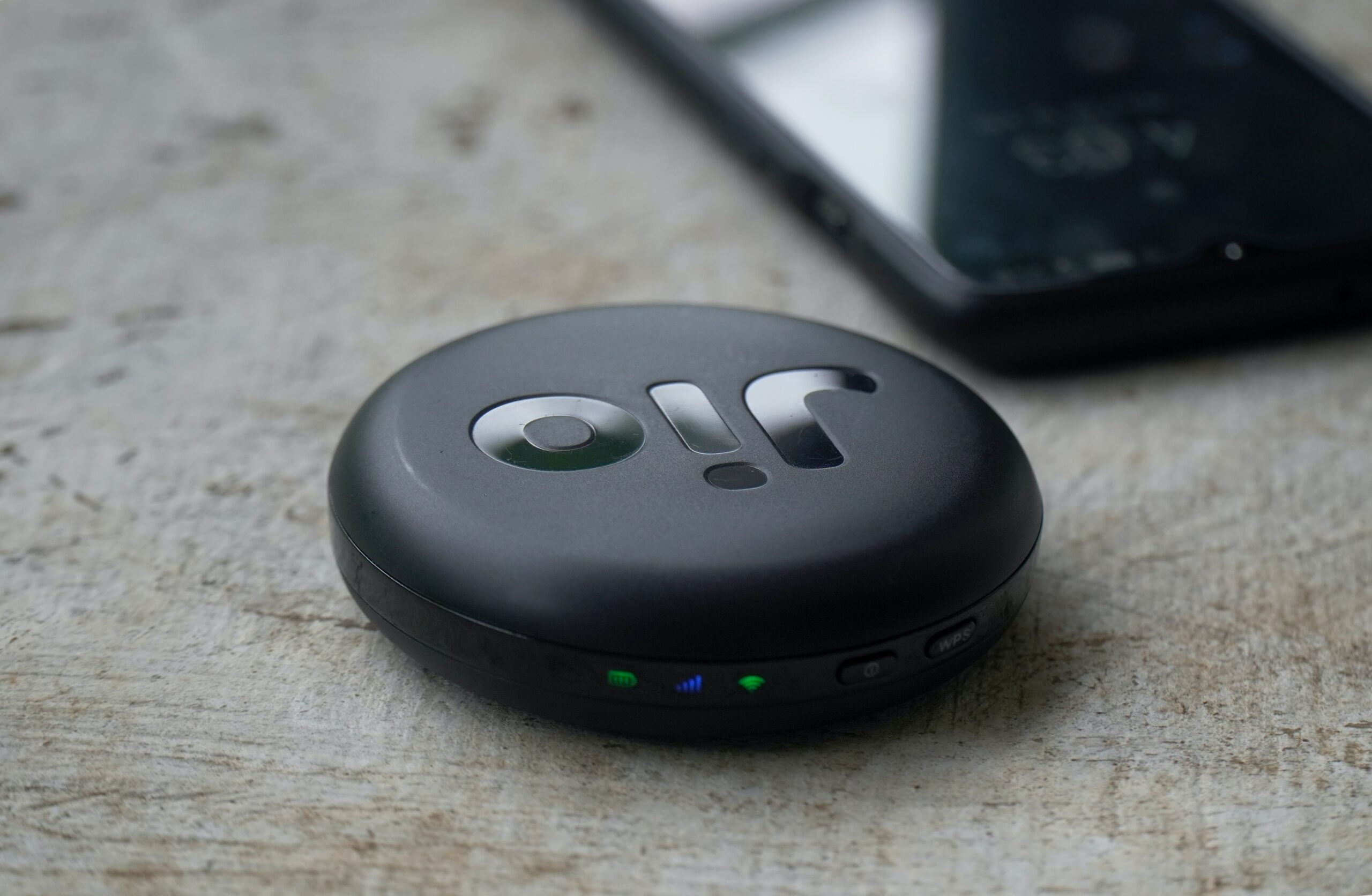Several things we do to improve a podcast. We can buy a better-quality microphone, the best recording software, we could make use of professional podcast editing services to edit our episodes professionally, we can invite the guest and we can continually make valuable content. Blue Microphones improve your podcast voice by making you sound like a professional. This method will make a huge difference to improve the podcast and make it successful. But there is one more method to improve our podcast, that you may have not considered, and that method is by improving your voice. But a question arises in mind how can we improve our voice to make our podcast better?
Here are some tips by which we can improve our podcast voice
Warm-up your voice
Do something so that your voice isn’t cold when you start recording. For example, if you are recording in the morning and haven’t spoken to anyone yet then you will not able to record properly because of mucus that built up overnight. So, make sure to speak to anyone before you record.
Do some vocal exercises to stretch your vocal range, and a cat mewing exercise to energize yourself and help articulate your words.
Sit up Straight
Sometimes people say “I don’t have enough energy. What can I do to give my voice more energy?” and the main thing is posture and breathing.
If you stoop over to reach the microphone at a low table, you’ll squash your diaphragm, which will impede your breathing. Find a microphone stand that allows your microphone to be at a greater height so that if you sit up straight and have a long spine, the microphone is still right next to your lips and you don’t have to lean over.
Try to record whiling sitting on the stool which has no back on it, because the stool actually causes it to lengthen, you’re the spine and can drop your shoulders from ears and keeps your chest a little bit up, which will help for better voice. Or else you can just stand and record.
Loosen up your body
Tension in your body can cause your voice to sound tighter, draining your energy and leaving you exhausted. Before you start recording move your body a little bit. Do some stretching which will make your body lose and relaxed and that you are not recording with tension in your body.
Stay hydrated
If you are dehydrated it is going to make it tough to talk for a longer time. If your episode is of just 5 minutes then also it is a long time to talk continuously. Sometimes we make annoying sounds, pops, and whistles. While recording we might record mouth clicks which we can edit through software, but if they are happening frequently, it makes podcasts hard to listen to.
So, to avoid mouth clicks we must be hydrated, they often happen when our mouth is dry, which is the sign of dehydration. So make sure before recording a podcast just drink a glass of water which is enough to make your body hydrated.
Tongue Twisters
Tongue twisters are the best ways to warm before recording as they stretch out all the muscles you need for speaking clearly. They can also help you in the reduction of mouth noises or mouth clicks.
Practicing tongue twisters will also make you more comfortable behind the microphone.
Listen
One of the best ways to improve your vocal is to listen back which you have recorded. Some of the new podcasters hate this thing, but it helps you a lot.
Here we have to listen in a way that we can get the thing that distracts from the content like pops, whistles, clicks, microphone adjustment noise, etc., which we may edit through software. Listen to your audio with a critical ear; listen for trouble or an extra sound, so that we can remove it. This will make your podcast better in no time.
Record in the small quiet room
Record your podcast in the small and quietest room so that you avoid extra noise or outside noise. Shut your windows and doors; turn off the machines that make continuous noise. Fill your room with soft items like cushions, pillows so that they absorb the noise. The best place according to me is recording your podcast in your car because it is a silent place with less disturbance.
Watch your breath
All of us know we all need to breaths but controlling the sound of our exhales and inhales will stop any big gust of wind from sneaking into your recording. For quitter inhales sit up straight, try to take smaller breaths.
If possible, record remote guests and co-hosts individually.
You can use VoIP services like Skype, Zoom, or the old telephone to working with guests and co-hosts who can’t be in your studio. The audio quality isn’t always the best—in fact, it’s often downright bad—but it’s a nice backup plan in case something goes wrong.
Zoom makes recording simple: simply press the large record button, and the video is stored as a QuickTime file that can be easily imported into most DAWs.
Mute when you are not speaking
It is better to mute your microphone when you are not speaking or when your co-host or guest is speaking. You will also save yourself from editing. This is the way you won’t pick up their voice in your microphone and its less noise that you have to cut while podcast editing.
Maximize your internet bandwidth
It’s critical to improve your internet connection as much as possible if you’re doing an interview or a conversation over the internet. This will increase the audio quality captured by your recording program.
What methods do you use to expand your bandwidth? Apart from switching your internet provider, the only thing you can do is plug directly into your router (rather than connected wirelessly) and close any web-based applications you don’t require.
Create Engaging Podcast Content
If you don’t have engaging podcast content, even the cleanest, most professional-sounding recording is useless. Don’t forget to spend time learning what makes a podcast episode entertaining, in addition to honing your technique. While a sloppy recording may turn off new listeners, a boring podcast may turn off even the most devoted devotee.
Conclusion:
Be calm and confident and believe your audience is going to stay around and listen. Believe in yourself. Don’t be super quick with your speaking but slow things down a little bit to speak with conviction and use the tips mention above. Your voice makes the words come alive. Use your voice effectively to add colour to your content and it will help you to make your message memorable and valuable to your audience.







